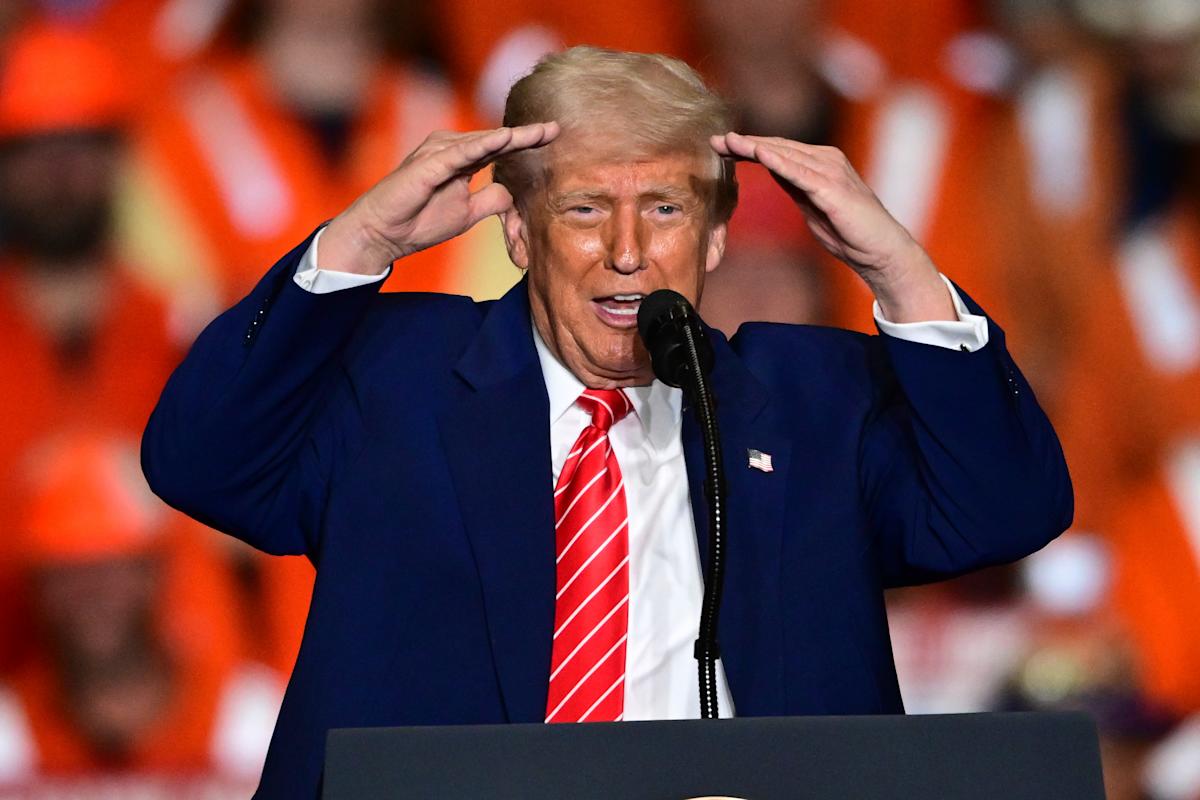Trump's Tariff Strategy Faces Supreme Court Scrutiny and Legal Challenges
- America's Better Future Network
- Jun 3, 2025
- 2 min read

Supreme Court's Potential Role in Deciding the Future of Trump's Global Tariffs
The longstanding debate over President Trump's global tariffs is once again reaching a critical juncture with potential legal proceedings that could advance to the Supreme Court. This could have lasting implications on the administration's trade policies and their legal foundation.
Central to the issue is whether these tariffs have "vast economic and political significance." A positive ruling may ensure the survival of the so-called “Liberation Day” tariffs, while an unfavorable decision could embolden legal challengers seeking to revoke them.
The debate also revolves around the Supreme Court's application of the major questions doctrine, which limits federal intervention on significant issues absent clear Congressional directives. This doctrine has been a recurring theme, particularly under judges appointed during Trump’s presidency, and has been used in past court decisions against President Biden’s initiatives.
In a recent development, the US Court of International Trade in New York overturned several tariffs without formally addressing the major questions doctrine. However, the US Court of Appeals for the Federal Circuit in Washington, D.C., has temporarily upheld Trump's tariffs pending further judicial review.
Small businesses, who were the initial opponents of these tariffs, have prompted the court to lift the stay, arguing that a broad interpretation of the International Emergency Economic Powers Act of 1977 (IEEPA) could grant excessive tariff authority without constitutional constraints.
This legal examination will determine the extent of presidential power to impose import duties in self-declared national emergencies. The administration argues the major questions doctrine doesn't fit national security theories where presidential prerogative is supreme, and that the doctrine is meant for federal agencies, not the president directly.
President Trump leveraged the IEEPA in several instances, like the tariffs imposed on February 1 on materials from China, Mexico, and Canada, attributing them to risks like illegal immigration and drug trafficking. These were followed by the declaration of additional tariffs on April 2, reinforcing the IEEPA’s application.
According to Aaron Tang, a constitutional law professor at UC Davis, the tariffs are a clear demonstration of the major questions doctrine in action. He explained, "IEEPA has never [been] used before to impose tariffs. So if the doctrine means anything, and if it applies neutrally, no matter who the president is, it will apply here."
The doctrine was notably implemented by the Supreme Court in 2022 to limit the EPA under Biden from setting rules on certain emissions without specific legislative backing. The following year, it limited the Department of Education's authority to forgive significant student loans under the HEROES Act, highlighting its impact on executive power.
The potential financial effects of Trump's tariffs could prompt courts to meticulously examine their legitimacy. Tang remarked, "The tariffs are way more economically significant than any of the Biden administration policies."
This legal discourse challenges the balance of power between executive initiatives and legislative oversight, posing a significant challenge to Trump's tariff approach.
Alexis Keenan is a legal reporter for Yahoo Finance. Follow Alexis on X @alexiskweed.
Click here for political news related to business and money policies that will shape tomorrow's stock prices
Read the latest financial and business news from Yahoo Finance


